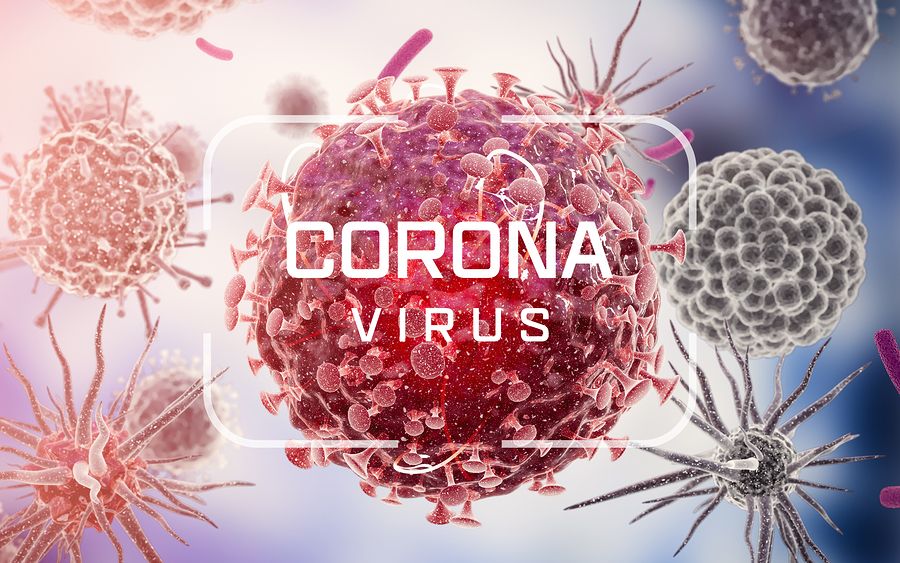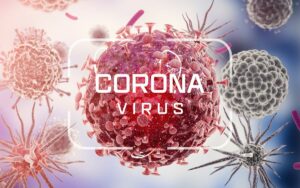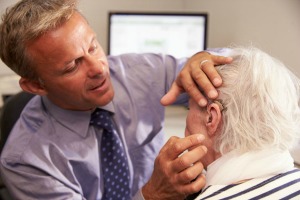
10 Important Facts about the COVID-19 Vaccine
10 Important Facts about the COVID-19 Vaccine
 1. How many vaccines have been approved in the US? There are two as of Jan 5, 2020 Pfizer and Moderna but there are many more in use in other countries and in the pipeline.
1. How many vaccines have been approved in the US? There are two as of Jan 5, 2020 Pfizer and Moderna but there are many more in use in other countries and in the pipeline.
2. Does the vaccine have the virus in it or parts of a dead virus? No. Moderna and Pfizer both utilize RNA messenger vaccines. The mRNA vaccines take advantage of the process that cells use to make proteins to trigger an immune response and build immunity to SARS-CoV-2. This technology has been tested for the last decade and contrasts with most vaccines that use weakened or inactivated versions or components of the disease-causing pathogen to stimulate the body’s immune response to create antibodies. mRNA vaccines are not live vaccines and do not use an infectious element, so they carry no risk of causing disease in the vaccinated person.
3. How does mRNA process work? mRNA vaccines tell our cells to make a piece of the “spike protein” that is found on the surface of the SARS-CoV-2 virus. Since only part of the protein is made, it does not harm the vaccine recipient, but it is antigenic and thus stimulates the immune system to make antibodies.
4. Is the vaccine safe and effective? The 2 vaccines have gone through 3 phases regarding safety and effectiveness. These involved thousands of patients in the trials and a total of 70,000 for both. To date, the vaccine has proven very effective up to 95% with only mild side effects and no serious adverse reactions.
5. The vaccine was developed fast, so are we rushing it? While the vaccine is a miracle of modern medicine, the reason it was able to come to market quickly is the government and private entities provided all the expertise, research and funds for development and production upfront so there was no waiting even if the trial was not successful. This eliminated waiting between trials to gain subjects and money or sites and allowed for simultaneous production.
6. Are there any significant long-term effects or side effects? In vaccine studies to date most of the significant side effects are seen within 6-8 weeks. This vaccine began in development in mid-March and no significant long-term effects have been seen. Since the vaccine activates your immune system what we are calling side effects of fever, chills, headache, sore arm are just your immune system being activated. Those who have severe anaphylactic reactions or those who are pregnant or taking immunosuppressants should consult their physician.
7. Will this vaccine alter my genetic makeup? After the piece of the spike protein is made, the cell breaks down the mRNA strand and disposes of it using enzymes in the cell. As stated above, the mRNA strand never enters the cell’s nucleus or affects the vaccine recipient’s genetic material. Knowing this helps you respond to misinformation about how mRNA vaccines alter or modify someone’s genetic makeup.
8. Should the vaccine be administered even if the person has contracted COVID-19 as an infection? Yes, it is unknown whether long-term immunity will be present with COVID-19 infection and the vaccine should be administered even with history of infection. Additionally, the vaccine is thought to provide greater immunity against severe disease development.
9. If someone gets COVID in between doses of vaccine, or right before it was their turn to get vaccinated, should they wait until their acute illness is over, and they have completed their isolation period. It is OK if the second dose of vaccine needs to be delayed past the usual time. However, if they do not have symptoms, they may get it after quarantine is over (14 days per CDC) or if you had symptoms that did not involve monoclonal antibody treatment, you may get the vaccine after the illness and symptoms resolve. If they had symptoms and received monoclonal antibodies, you should wait 90 days. Check with your physician if any questions.
10. Is personal protective equipment [PPE] still necessary after receiving the vaccine? Yes, until further notification from the Center of Disease Control or state health officials, PPE should be used according to precaution levels.
Discount myths or misinformation. For more fact checking see https://healthblog.uofmhealth.org/wellness-prevention/not-sure-about-covid-19-vaccine-get-facts-then-decide
https://www.cdc.gov/coronavirus/2019-ncov/vaccines/faq.html
https://dph.georgia.gov/covid-19-vaccine-general-faq
SC FAQ’s https://scdhec.gov/covid19/covid-19-vaccine/covid-19-vaccine-faqs




